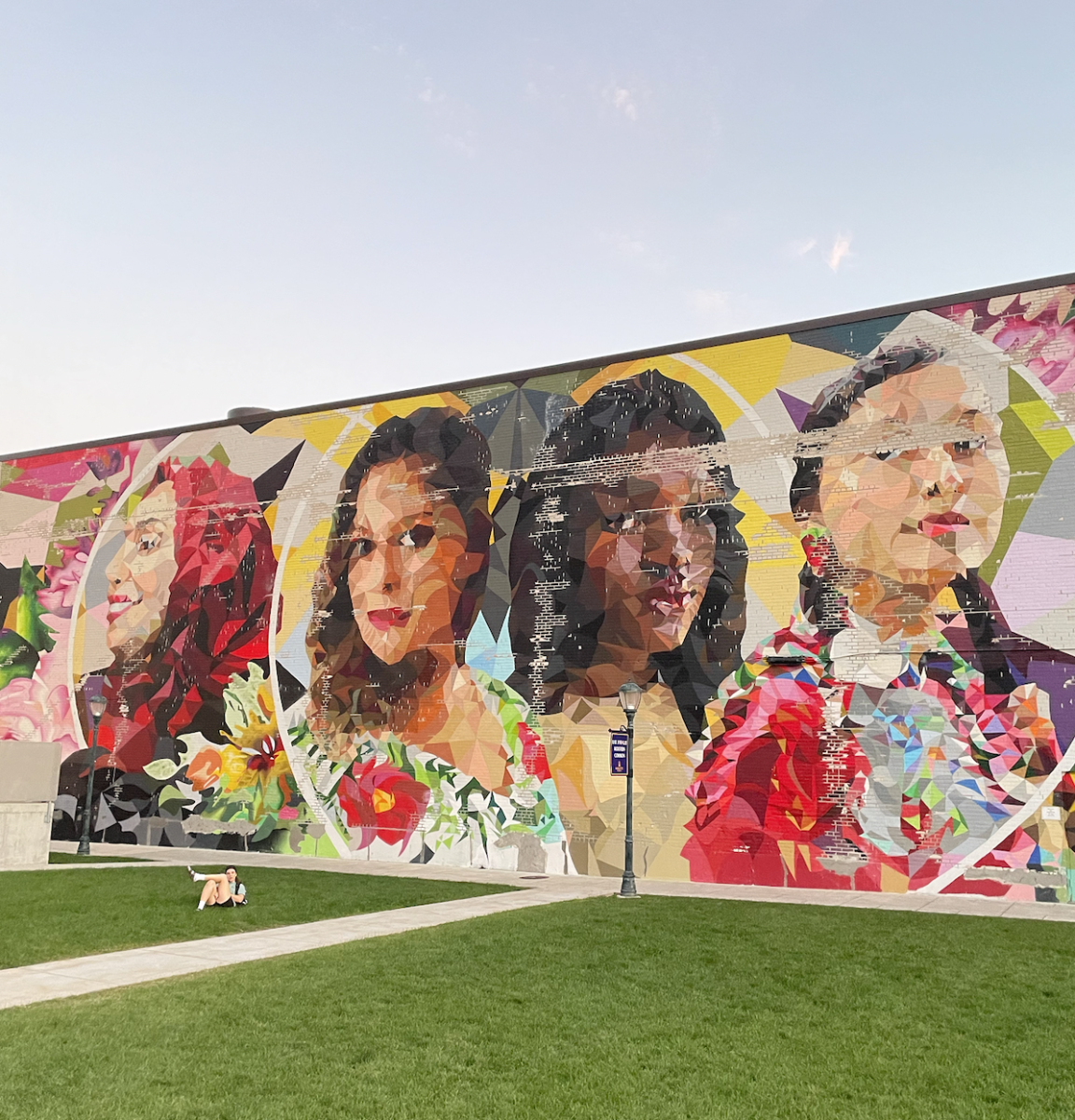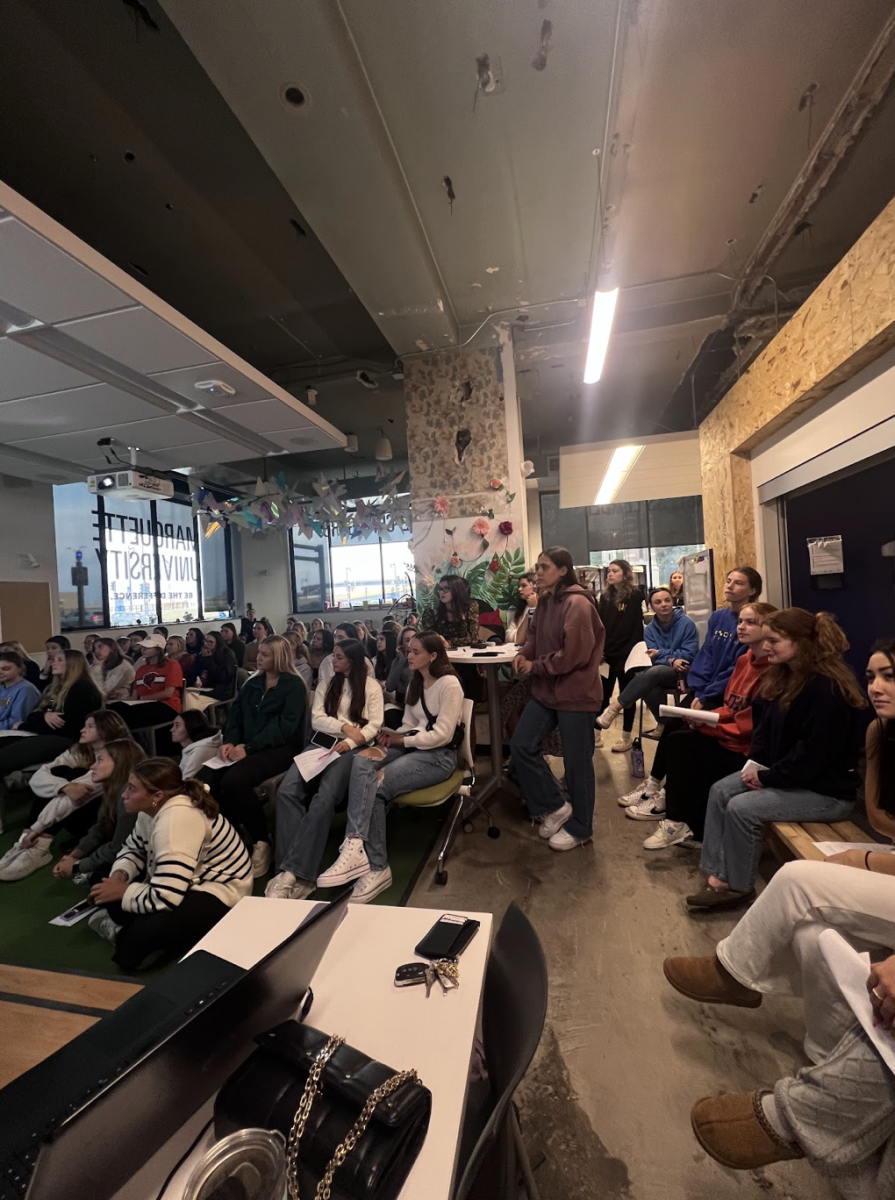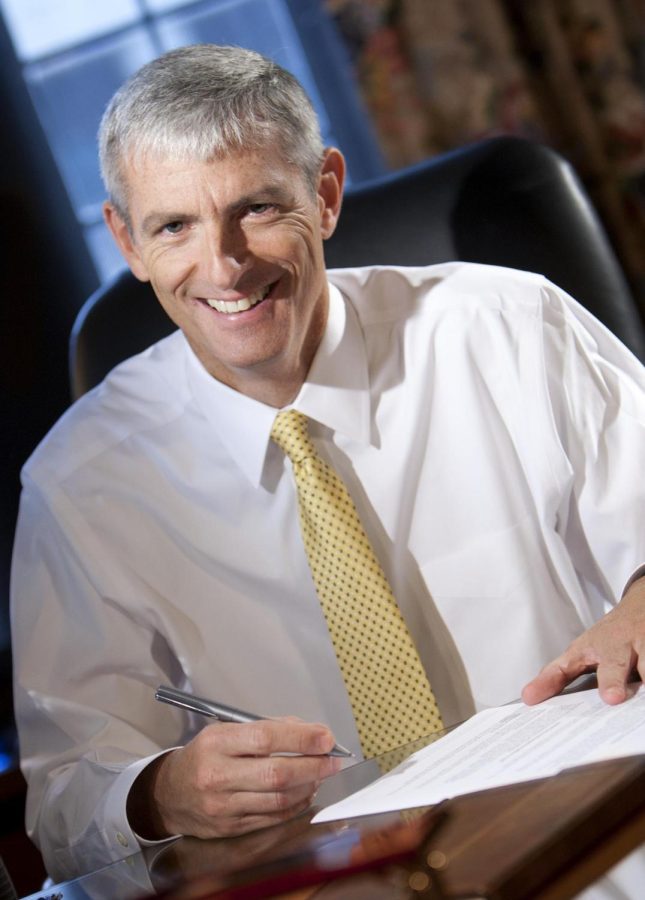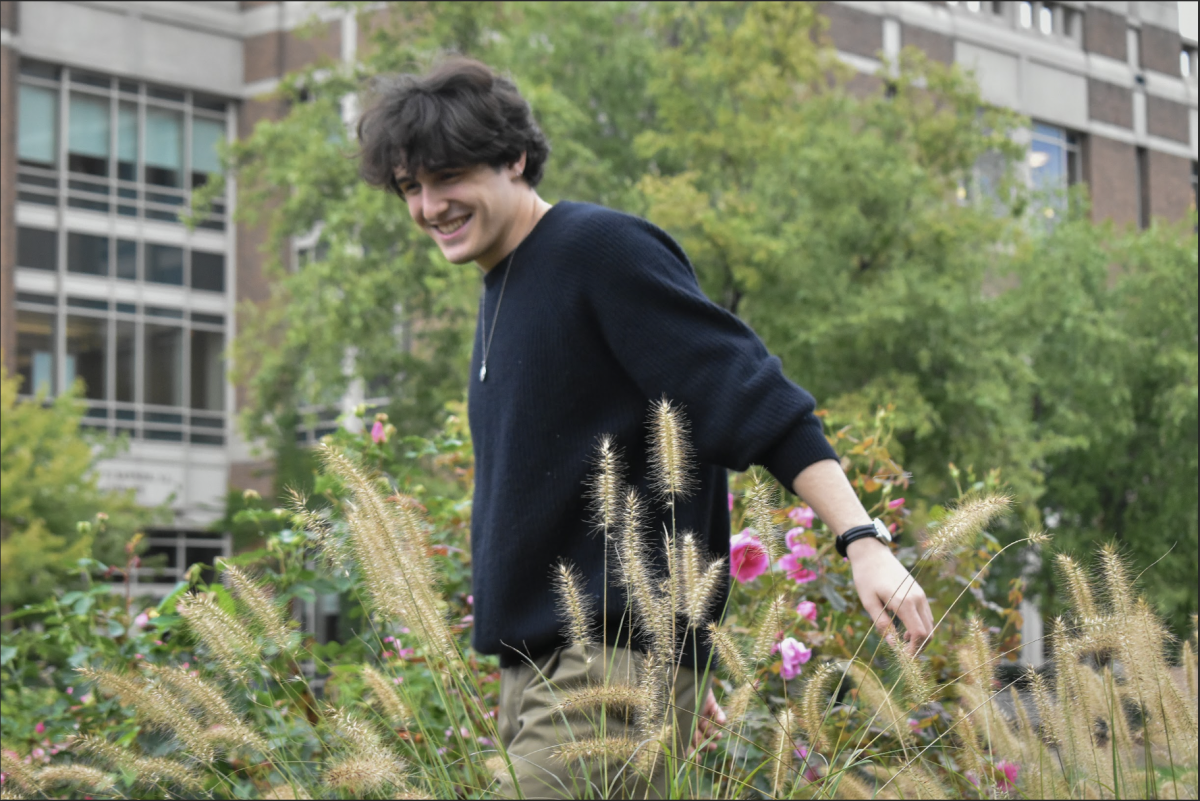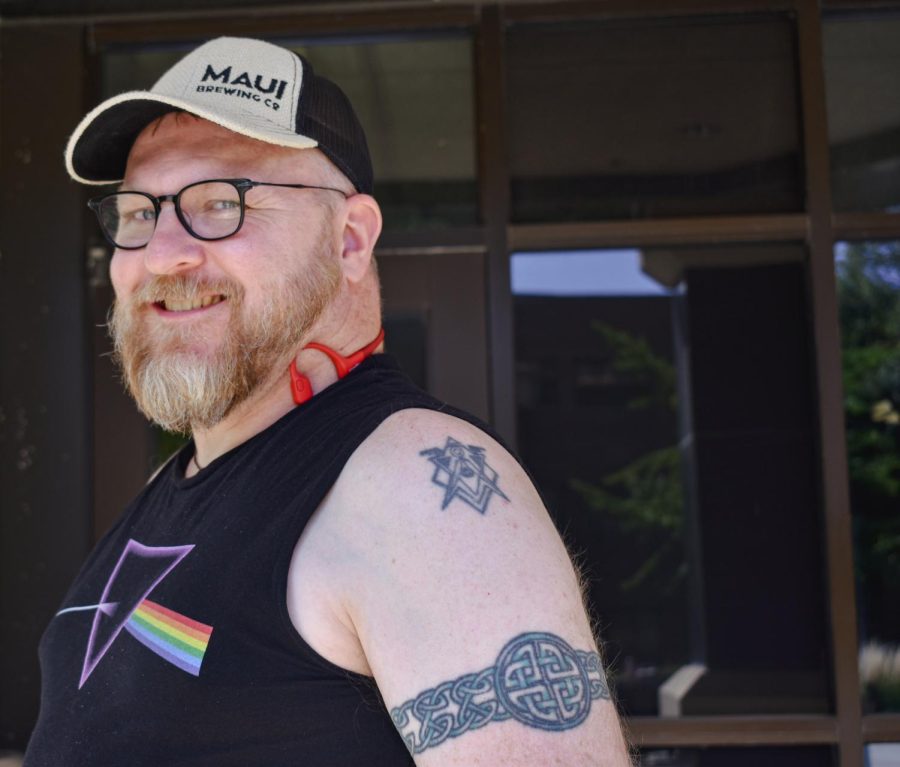
A panel of six leaders from different religions gathered Tuesday to discuss the role of inter-faith dialogue and the challenges brought about by covert and overt violence facing Milwaukee area congregations.
The panel included Rabbi Marc Berkson of the Emanu-El B’Ne Jeshurun synagogue in River Hills; the Rev. Donna Brown, pastor of St. Paul’s Lutheran Church in Milwaukee; Manpeet Kaur, a member of the Sikh Temple of Wisconsin in Oak Creek and a University of Wisconsin-Milwaukee graduate student; Mayank Mital, a member of the board of the Hindu Temple of Wisconsin; Imam Ronald B. Shaheed, Imam of the Sultan Muhammad Masjid; and Gelong Thubten Tsultrim, a Buddhist Monk of the Tibetan tradition who teaches at Deer Park Buddhist Monastery in Oregon, Wis.
“We hear about religion as a source of violence,” said the Rev. Thomas Michel, a Marquette theology professor and the moderator of the panel. “But we don’t often hear about the violence that religions face.”
The discussion, “Working Together Against Violence: The Contribution of Religious Communities to Social Harmony,” was prompted by the Aug. 5 shooting at the Sikh temple in Oak Creek, Wis., in which seven people, including the shooter, were killed.
Panel members emphasized the power of dialogue in preventing misunderstanding and violence.
“We tend to underestimate the power of the word,” Berkson said as the panel began. “It’s what American society ought to be about – that we can come together and discuss our faiths.”
The theme of the power of the word continued throughout the rest of the discussion.
“Dialogue with other faiths gives you a binocular view of something that your religion might only give you a monocular view of,” Tsultrim said.
Though none of the other religions had suffered from local violence to the degree that the Sikhs had, they had all been affected by some kind of violence.
“I was asked by someone a few years ago what I had done to stop 9/11,” Mital said. “I said, I worked hard, paid my taxes and tried to make the country stronger.”
Mital stressed that awareness in addition to dialogue is important to bridging the rifts between different faiths. Brown agreed that awareness is key to understanding veiled violence.
“We face the threat of racism, stereotypes and bigotry daily,” Brown said.
As the discussion wound down, the conversation turned to the things the six religions have in common.
“I believe that all of us, in our traditions, (have) things that teach us to be compassionate and loving,” Tsultrim said.
Berkson and Shaheed agreed that all religions at their core espouse equality.
“We are all of infinite and equal value,” Berkson said.
Shaheed denounced all violence, regardless of the faith or identity of the victim.
“Why does it matter who was attacked?” Shaheed said. “It’s wrong, no matter who it is.”

